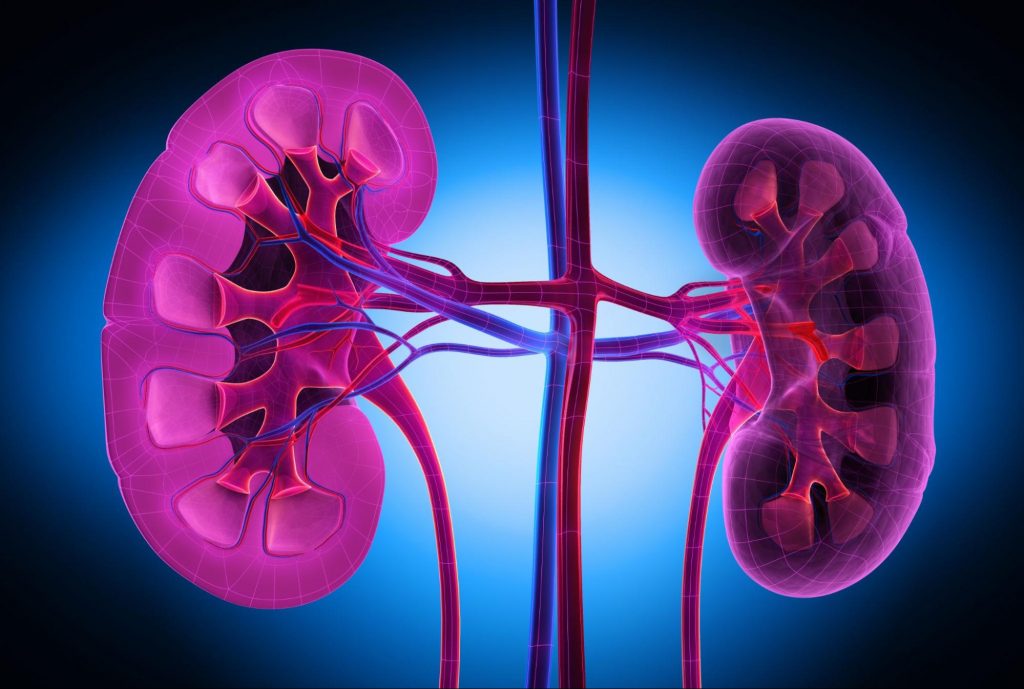
November is American Diabetes Month, and given the strong connection between diabetes and kidney disease, we wanted to dedicate some time to explain the relationship between these two conditions. Diabetes is a major risk factor for kidney disease, and it is the leading cause of kidney failure. In fact, almost half of all kidney failure cases are a result of diabetes. In this blog, we will discuss how diabetes affects the kidneys, as well as some steps you can take to manage diabetes and the overall health of your kidneys.
What is Diabetes?
Diabetes is a disease that causes elevated glucose levels in the blood. Glucose is acquired from the foods we eat and serves as our body’s fuel source. Insulin is a hormone produced in the pancreas and is responsible for transporting glucose from the blood to the cells. Diabetes develops when there is either no insulin being produced or too much of it, resulting in the body’s inability to use it properly. When insulin isn’t functioning correctly, the excess glucose remains in the blood instead of being supplied to the cells that need it. When left untreated, this can create damaging effects for many essential organs.
How Diabetes Affects the Kidneys
The elevated levels of glucose that remain in the blood cause not only cause damage to organs by not providing glucose for fuel but can also damage blood cells. This is why some side effects of diabetes include weakened blood vessels in the kidneys that prevent the kidneys from filtering wastes and toxins from the blood. Kidney disease and kidney failure occur when the kidneys are not functioning properly. Diabetes is also a risk factor for developing high blood pressure since the damage to the blood vessels also makes it more difficult for the heart to pump blood through the body. High blood pressure is another leading cause of chronic kidney disease. Diabetes can contribute to kidney disease and kidney failure in more ways than one, but diabetic kidney disease does not occur overnight. It can take years for severe damaging effects to develop, which means that taking steps to protect your kidneys now can help promote longer, healthier life.
Preventing type 2 diabetes is the first step in preventing kidney disease. According to the CDC, studies have shown that overweight people who have a higher risk of developing type 2 diabetes can prevent the onset of this disease by taking steps to lose 5-7% of their body weight. The best way to lose weight is by striving for a healthier diet and getting regular exercise.
Managing Diabetes and Kidney Health
If you have diabetes, getting your kidneys checked regularly at your doctor’s office is the best way to identify any early stages of CKD. The earlier you catch CKD, the more effective the treatment, so don’t postpone regular testing. You can also manage diabetes and kidney disease by monitoring your blood sugar, blood pressure, and cholesterol levels. In addition to keeping your kidneys healthy, ensuring these levels are stable can also promote a healthy heart and reduce your risk of heart disease, stroke, and heart attack. Your doctor may prescribe you medication to keep your blood sugar, cholesterol, and blood pressure in check, but lifestyle changes are usually the first steps you can take on your own. To prevent the development or worsening of diabetic kidney disease, you should quit smoking, eat well, exercise regularly, and maintain a healthy weight.
Make an Appointment
At Durham Nephrology, our team is experienced in providing treatment and guidance to kidney patients, including looking out for their overall health and wellness. If you have questions about the connection between diabetes and kidney disease, or any other condition that may be affecting the health of your kidneys, call us at 919-477-3005 to talk to a staff member and make an appointment.
